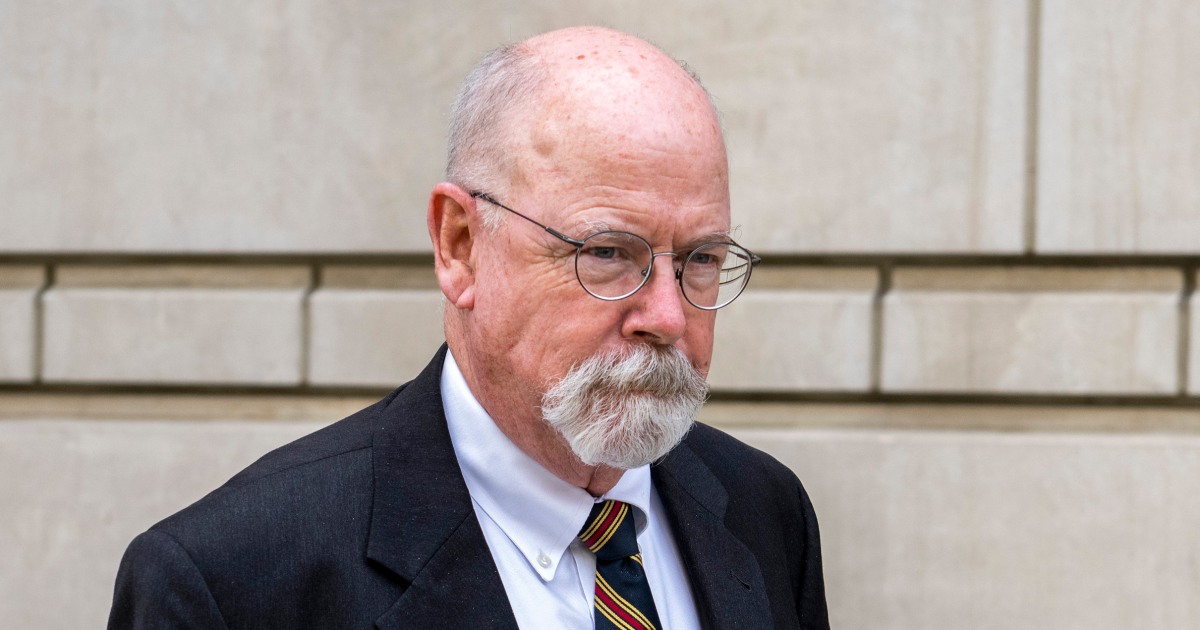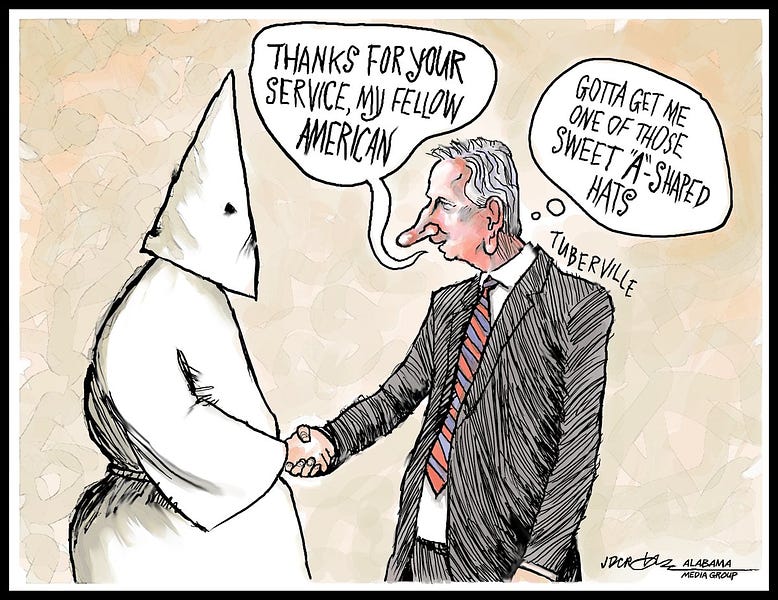Sixties Fan
Diamond Member
- Mar 6, 2017
- 58,508
- 11,106
- Thread starter
- #901

Opinion | Trump would hate the one change John Durham suggested for the FBI
The only change that the special counsel recommended for the FBI is one that former President Donald Trump would hate.




/cloudfront-us-east-2.images.arcpublishing.com/reuters/I2ZMUTNDXJMQ5EIDBLNFMPPKEQ.jpg)



